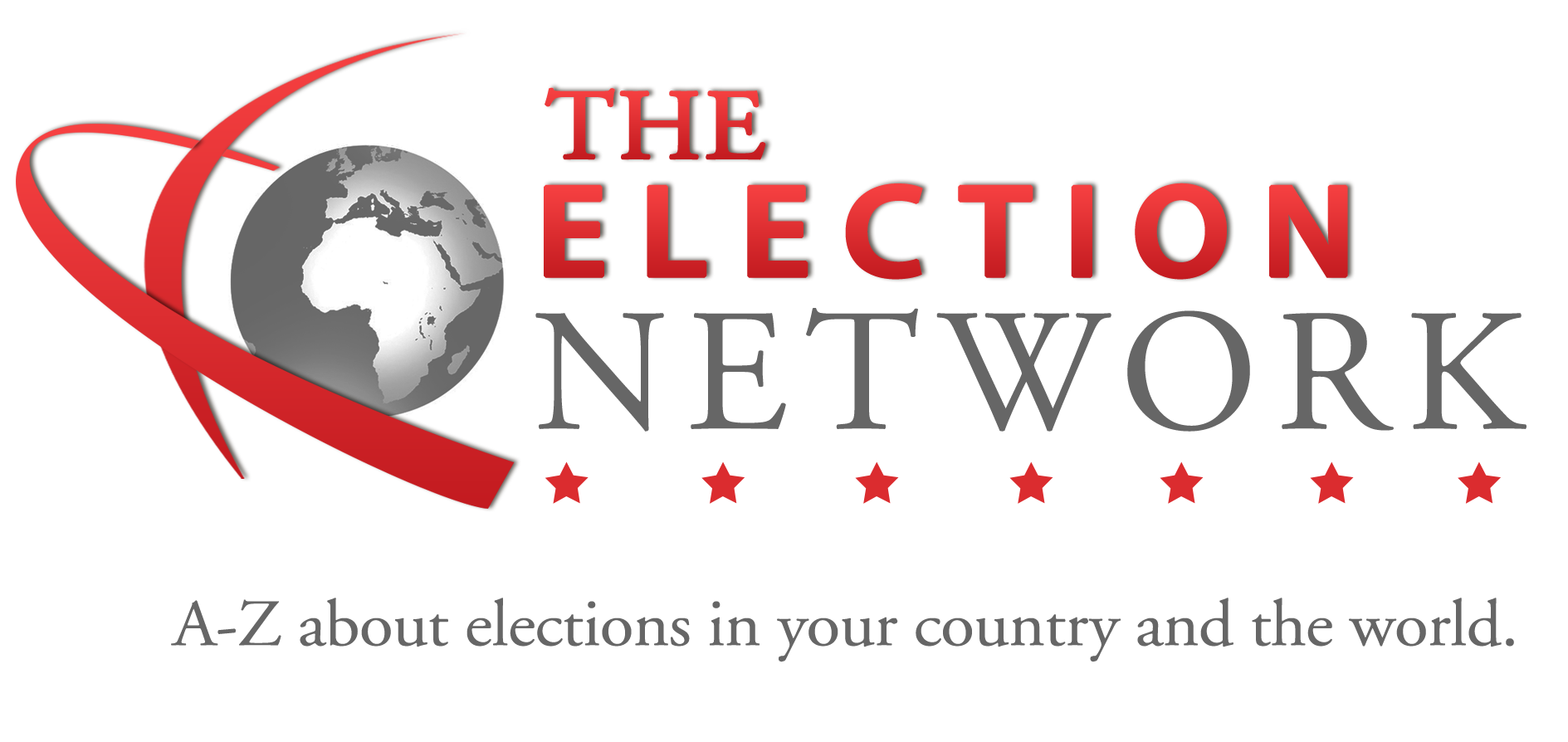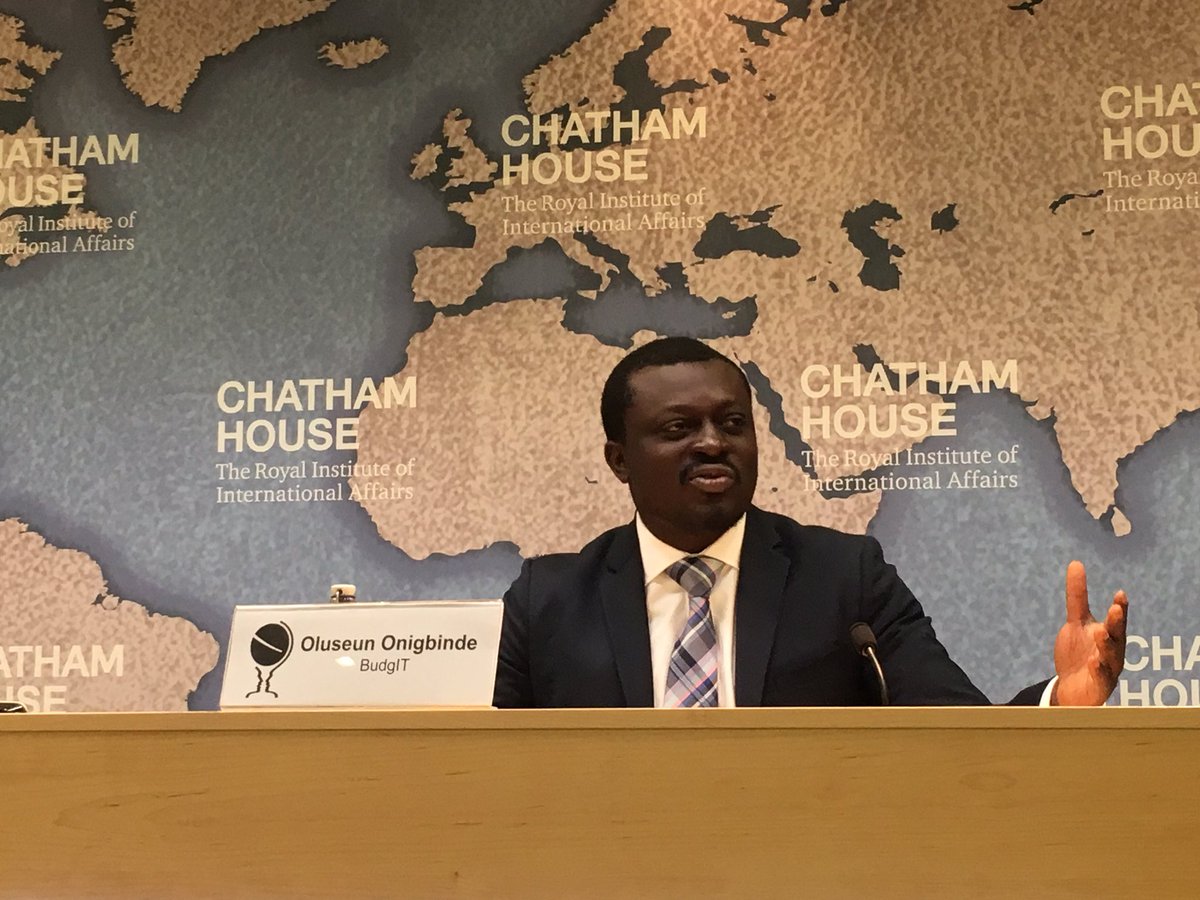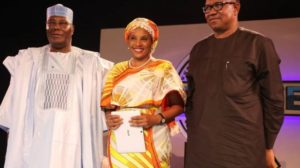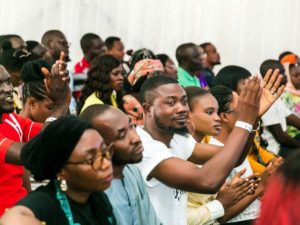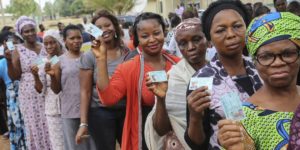Seun Onigbinde, a fiscal transparency advocate and co-founder and CEO of BudgIT, a Nigerian civic technology firm tells TheElectionNetwork that the lines are blurred between government programmes and vote buying as he explores the issues around campaign financing in Nigeria. Onigbide spoke about the rise of transactional politics – from vote-buying to government’s use of public resources for political interventions in this interview with Mercy Abang.
What is your assessment of the electoral landscape in Nigeria as it concerns election finance?
Election finance in Nigeria is not open to the public. We can’t claim to fight corruption without fixing the genesis of the issue. According to our laws, an individual is not allowed to contribute a certain amount into a campaign. How feasible is that when a candidate can donate on behalf of friends? We have seen how our politics has been highly influenced by money, expanding vote-buying schemes. These days we can’t be sure if the government programs aren’t substitutes for vote-buying. We have made the space highly transactional, closing opportunities for average Nigerians to fairly participate.
There are a number of proposals in the new electoral amendment act as it concerns campaign finance. What is your take?
This is a global issue. I mean the monetisation of politics. From South Africa to the United States, there is a battle the interests of those who oil political machinery and the interests of the citizens. This means there aren’t simple answers. We have to go back to a spending limit for political aspirants. We need more transparency with every aspirant publishing their budgets, list of donors and spending structure. All affiliated groups mostly known as PACs should be registered with INEC with oversight on their funding and use of funds. The new laws must also limit donations to these affiliated groups that amplify the candidates. The best place to de-monetise the political system is to ensure that public funds aren’t abused. If people are aware that they will not be able to discretionarily spend public funds without scrutiny, they would be unwilling to spend beyond reasonable levels. Fixing campaign legislation is not enough. The whole fiscal governance paradigm needs a fix.
Specifically, one of the amendments to the electoral act bars individuals from donating over 10 million Naira to Presidential Candidates. Would this change anything?
I don’t think they [political elite] will fully comply. We will be fooling ourselves to assume that. Those who invest in the political system seek leverage either in influencing public appointments, preservation of ruinous order or unfair access to public contracting. This is why I believe fixing campaign financing starts with the fiscal governance review. How are we awarding contracts? What is the process of appointing persons into government? It is a form of reward or because such persons are competent? We need to end the practice of Nigerians seeing public service as a quick means to wealth. This is the fundamental issue with election finance. It’s just a transactional issue.
Vote buying has become a pressing topic in the electoral landscape. A lot of observer reports from the most recent elections held in Ekiti and Osun revealed that there was large scale vote trading in the elections with connivance of law enforcement agencies. What is your outlook for the upcoming 2019 general elections?
There will be vote-buying in 2019. It might not be at the scale of the recent elections. The governing party did everything to present the South-West bloc as an undivided entity towards 2019. This might not be sustainable on a national scale. I also don’t believe most Nigerians are engaged in vote-buying. This practice seems more endemic in the South. We will have to watch the patterns as it seems that the stakes are much higher. This goes back to campaign financing and its effect on service delivery.
Do you think that the anti-graft agencies would be empowered to enforce the campaign finance provisions of this act?
Every party in power has weaponised use of public resources to perpetuate themselves in power. This is a core element of the dysfunction in Nigeria. Think about the subsidy cost in 2011 or defence spending in 2015. How does the National Security Adviser allegedly become a conduit for political parties? This time will not be different. Maybe it can be reduced in scale but the patronage of the political system will not disappear. One will expect that the opposition party to be more careful and tactical because, in a system that depends on cash to thrive, the governing party will want to take away that oxygen. We are not ready to do things the proper way. This is why things aren’t changing fast. There are too many vultures who invest in this political system and are massively stealing the country resources.
What are your recommendations ahead of the 2019 general elections?
It might be late but INEC needs more vigilance and overhaul of its compliance unit. Campaign finance needs the support of the police, EFCC and other units. You will agree with me that most of these agencies are severely compromised by partisan interests. Just look at an EFCC Chairman wearing a re-election lapel or the unfortunate handling of Deji Adeyanju by the police. INEC needs to make this a huge issue and seek partnership with relevant institutions. INEC is not well covered by the laws. There is little we can do in 2019. We might ask the NGOs to step campaigns in 2019 against vote-buying and huge outlay for elections. I have seen a song by Timi Dakolo and also another by Frank Donga. We need the creative industry with massive appeal to help us.
What is your organisation, BudgIT doing to bring about some form of change?
We will do some work on vote buying and we plan to focus on South-West and North Central. Our adverts are running soon on radio and we are hoping this will impact Nigerians in a strong way.
